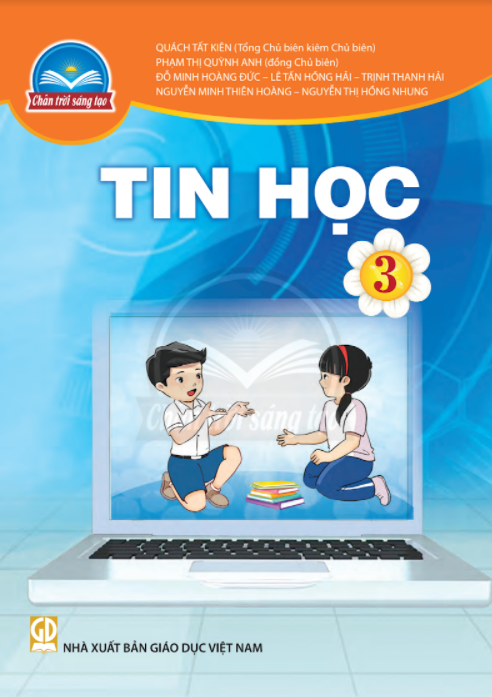(Page 124)
VII. COMMUNICATION AND CULTURE / CLIL
Everyday English
Asking for and giving clarification
1. Listen and complete the conversations with the expressions in the box. Then practise them in pairs. 🎧
A. Can you clarify
B. to put it another way
C. Could you explain it
D. in other words
1.
Mr Kien: The job application process can be challenging, so you must start preparing yourself.
Mai: Mr Kien, I'm not sure I understand the process. (1) _____ for me, please?
Mr Kien: Well, (2) _____ it means the steps you must follow when you apply for a job. First, you find a job vacancy, get your CV ready, and send it with an application letter. When you hear from the recruiter, prepare for the job interview. If you're successful, you'll be offered the job.
Mai: I see. Thank you, Mr Kien.
Mr Kien: You're welcome.
2.
Mark: Mai, have you got references in your CV?
Mai: I'm still confused about this section. (3) _____ what it should include?
Mark: Well, it should include names of teachers, career advisors, or former employers, (4) _____, people who can provide useful information about you.
Mai: Oh, I understand now. Thank you.
(Page 125)
2. Work in pairs. Use the models in 1 to make similar conversations for these situations. One of you is A, the other is B. Use the expressions below to help you.
1. A is a Grade 12 student. B is a career adviser. B is explaining career path options. A is asking for clarification. B is giving clarification.
2. B is a new teaching assistant at a language centre. A has worked as a teaching assistant at the centre for several years. A is describing their job responsibilities. B is asking for clarification. A is giving clarification.
| Useful expressions |
| Asking for clarification | Giving clarification |
| • I'm not sure I understand ... • Can you clarify ... for me? • Could you be more specific? • What do you mean by ...? • Sorry, I'm confused about... Could you explain that again? | • In other words, ... • Let me clarify that. • To put it another way, ... • What I mean is ... • I'd like to explain that... |
Culture
1. Read the text and answer the questions.
IN-DEMAND CAREERS FOR THE FUTURE
Technology has brought a lot of changes to our lives. The introduction of new technologies and the growth of artificial intelligence have also created a lot of career opportunities. Here are some jobs that we'll be seeing more of in the coming years.
Software developers and other coding careers
Nowadays, coding - or the process of writing computer programs - is becoming a valuable skill that recruiters are looking for. A recent survey of tech workers and employers has found that the job of a software developer will be the most important tech job in the future. Not surprisingly, in many countries, coding has even been added to the primary school curriculum.

Content creators
Over the past few years, the demand for content creators - those creating content for digital channels - has increased dramatically. There are a lot of job opportunities for content creators in different industries such as media, IT, fashion, pop music, travel and food services. Companies need to communicate with their customers, so they will always need talented content creators to help them. As a result, content creation will continue to grow and will still be a career in the future.

Data protection jobs
Personal data should only be collected and used for specific purposes. However, personal data can also be misused or used illegally to commit offences. Therefore, the demand for data protection officers, who educate employees about data handling, and data detectives, who examine data and detect issues, will go up. There will be plenty of data privacy jobs for people with the right technical and legal skills.
The above-mentioned jobs are among the many in-demand jobs of the future. If you are really interested in any of them, try to spend some time exploring them, so you can prepare for your future career.
(Page 126)
1. Read the text and answer the questions.
Which job(s) involve(s)....
1. stopping or detecting illegal actions?
2. helping businesses to understand their customers better?
3. a skill that some students can start learning from a young age?
2. Work in pairs. Discuss the following questions.
Which job do you find the most interesting and why? What other jobs do you think will become popular in the future?

























